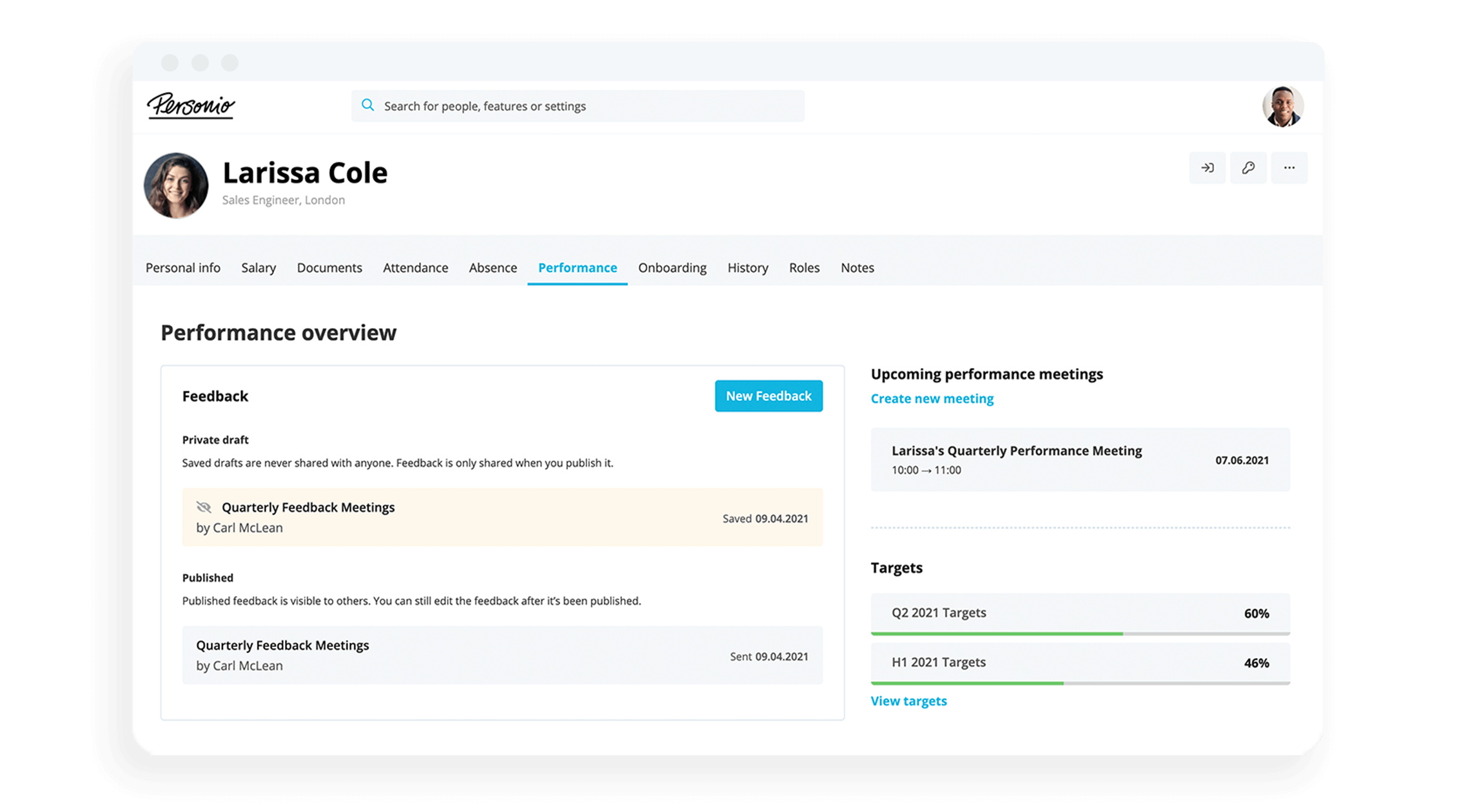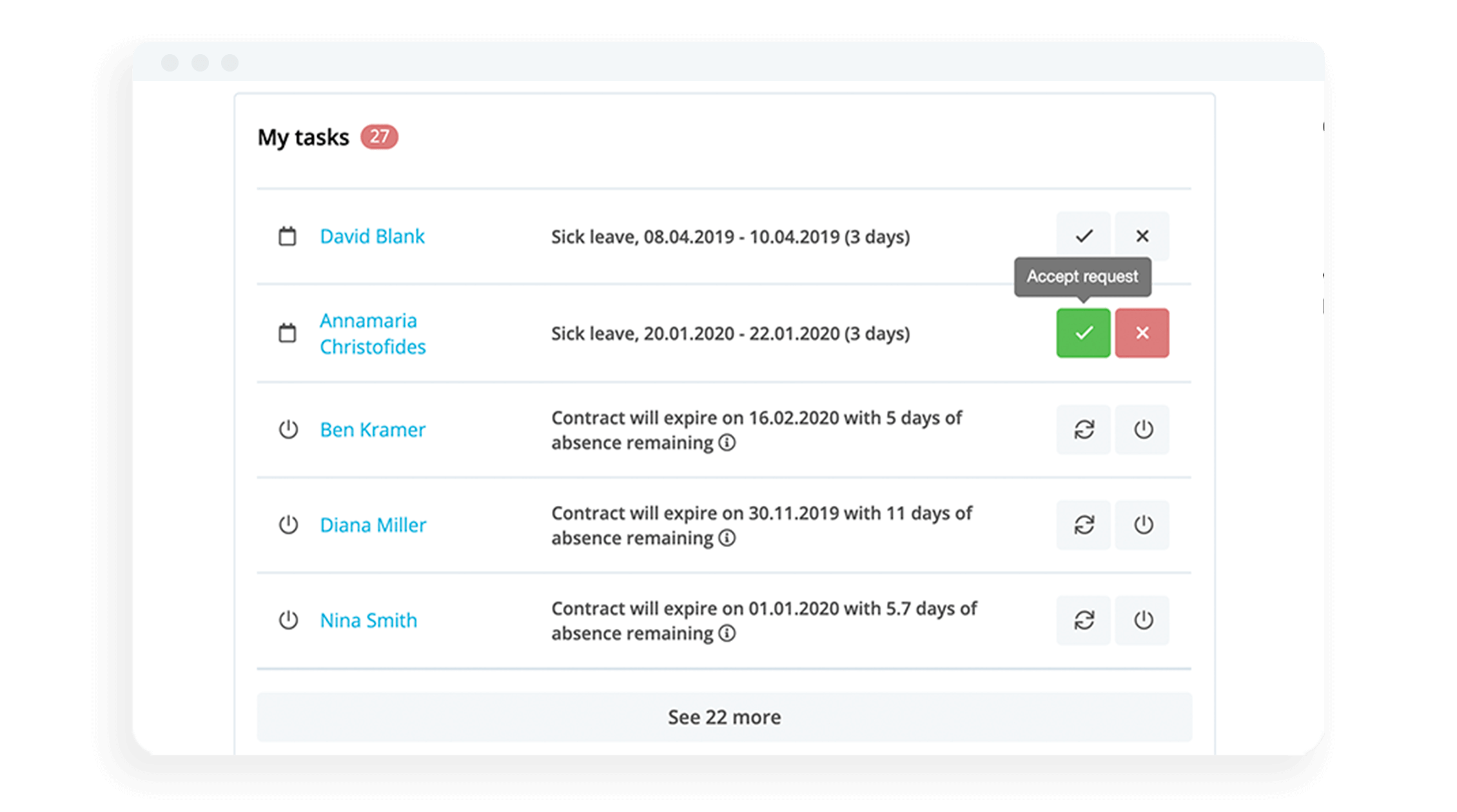5 Stages of Team Development: Forming Teams

Team management is an important skill a leader needs to have, but it is also a very difficult task. Every group of people presents a unique challenge for a leader to tackle. The five stages of team development are designed to help with forming teams and allowing them to thrive at work.
Key Facts
The five most famous stages of team development are known as Forming, Storming, Norming, Performing and Adjourning.
The first meeting of a group is one of the most important moments in the process.
As a team leader, it is your job to make sure everyone feels seen and heard.
Contents
- 1The Five Stages of Team Development
- 2Forming Teams — Getting Everyone on Board
- 3Storming: Share and Collaborate
- 4Norming: Finding the Best Way
- 5Performing: Focus and Deliver
- 6Adjourning: Review and Celebrate Successes
- 7The Importance of HR for Team Development
- 8Frequently Asked Questions
- 9The Challenges of Great Teamwork
The Five Stages of Team Development
This particular strategy for team building was introduced by a researcher named Bruce Wayne Tuckman. He published his groundbreaking work ‘Tuckman’s Stages’ in 1965.
Tuckman started by defining four stages of forming teams. His theory was further developed by PhD student Mary Ann Jensen ten years later. In 1977, she added the last stage — Adjourning — thereby completing what we now know as the modern theory of Team Development.
Here are the stages, in order:
Forming
Storming
Norming
Performing
Adjourning
These stages could be summarised as follows:
When teams are forming, they are just getting to know each other.
When they are storming, they are working together to come up with ideas.
They are norming when they have learned how to work together, creating a sense of normalcy.
They are then performing at peak efficiency.
Finally, they are adjourning to reflect on their strengths and weaknesses as a team.
As we go along, we will explain each of these stages in greater detail.
1. Forming Teams — Getting Everyone on Board
When a group of any kind first meets, it’s critical that things start off on the right foot. This is where teams get to know each other, the abilities of their teammates and the details of the project they will all work on together. The goal at the end of the forming stage is to have a team that is comfortable with one another and excited to begin work on a project.
How Can Leaders Help at the Forming Teams Stage?
The introduction of a group should be structured by the leader. They should provide a safe and welcoming environment for all team members to share their skills, background knowledge and goals.
Additionally, the ‘forming meeting’ (or meetings) should have an itinerary created by the leader with steps that will keep the team members active and engaged while learning about each other and the task at hand.
Practical Tips To Master Forming Teams
Come prepared with relevant and fun questions to get people talking and learning about one another.
Be prepared to fill the silence to keep people engaged.
Lay out the project in detail: the steps that will be taken, the type of work that will be done and the ideal timeline of events.
Identify any issues between team members as early as possible to help alleviate the tension. You may want to split people up that do not work well together and restructure the project for maximum efficiency.
2. Storming: Share and Collaborate
Now that the teams know each other, it’s time to get brainstorming. This stage puts the team to the test and may cause a lot of tension if people vastly disagree. Be prepared to step in and help ease people’s anxieties about the project.
The storming phase may be quick or it may be incredibly long, depending on the complexity of the project. Since tensions may get high during this phase of the team, be prepared for there to be some arguing, hurt feelings and other conflicts amongst team members.
How Leaders Can Help at the Storming Stage
It is highly beneficial for the team leader to take charge of the brainstorming phase and provide structure and a sense of direction.
Practical Tips To Master Storming
Come prepared with what needs brainstorming and how to go about it.
Encourage all ideas and provide positive feedback when an idea is presented.
Utilise a white board or post-it notes to make every team member’s ideas seen.
Resolve disputes between conflicting ideas by presenting compromises.
Allow for disagreements as long as people’s voices are not being silenced by others.
Employee Motivation Through Amazing Feedback

The ability to give feedback is an art. When you use Personio, you can learn how to properly document feedback, so you have the time to focus on substantive results.
Discover Personio Today3. Norming: Finding the Best Way
This stage occurs when team members are adjusting to each other and settling into their roles on the project. There will be a lot less arguing and planning and more working with one another. Team members will be tired of conflicting ideas and work harder to solve problems and reach the best state possible for the group to achieve. Friendships will be formed in this stage as well.
Norming is a great stage for a team, since many barriers will have been broken down and the team can really start working in harmony.
How Can Leaders Help at the Norming Stage?
As a team leader, it is your job to make sure everyone is seen and heard. This is especially important in the norming stage, since there will be less meetings and open discussions, and you will want to ensure that the people working independently are on the right track.
Practical Tips To Master the Norming stage
Create a space for easy and open communication, such as a chat app.
Have weekly or bi-weekly check-ins with team members.
Publicly celebrate victories and milestones to keep the team motivated.
4. Performing: Focus and Deliver
This stage can be the most satisfying and fulfilling stage in the lifecycle of a team. The team members have all learned each other’s strengths and weaknesses and can use this knowledge to everyone’s advantage. Every member of the team knows their role in the project and is able to complete their tasks efficiently.
Performing is also the final stage of forming teams. At the end of the performing stage, the task assigned to the team will be completed.
How Leaders Can Help at the Performing Stage
This is the home straight for the completion of the group project, so the team leader can help by keeping everyone focused, informed and ready to submit their final product. There may also need to be a bit of conflict resolution at this stage, so implementing problem-solving strategies can help settle disputes and keep the project headed toward its final goal.
HR is important in this stage, since they may need to be called upon to settle disputes and assist the team.
Practical Tips To Master the Performing Stage
Show your team you have faith in them by staying hands-off for the most part.
Be ready and available to step in if asked by team members.
Maintain open and consistent communication, especially if things go wrong and changes need to be made.
Implement quick and effective problem-solving strategies with your HR team.
Provide positive feedback along the way and especially at the end of the project.
5. Adjourning: Review and Celebrate Successes
The addition of the fifth stage, adjourning, encourages teams to reflect on their past projects together, discuss their strengths and weaknesses and make plans for improvement in the future.
This step helps to truly strengthen a team, as they all can provide input on the team as a whole and on how they can work more effectively. This can also help to address issues people are having and make sure they are solved so everyone on the team feels heard, safe and content.
Adjourning Can Mean Departure
In some cases, adjourning means saying goodbye to the team. In this case, the adjourning stage can be used to reflect on how well the team has done and what skills the team members will take with them on their future endeavours. Even if you will no longer be managing this team, it is wise to make sure to end things on a strong note.
How Leaders Can Help at the Adjourning Stage
It is important for the team leader to set aside time specifically for the adjourning stage. It is very unlikely that the team will adjourn naturally without structure or guidance.
Practical Tips To Master the Adjourning Stage
Lead the meeting with your own feedback, utilising the sandwich method: compliment, room for improvement and then another compliment.
Present the team with questions to answer. Anonymous answers may be a good option here.
Celebrate the successes of the project and openly discuss any issues team members ran into and how they were addressed.
Allow the team to provide constructive feedback to the team leader, the HR team, and any other relevant staff members not directly on the project team.
The Importance of HR for Team Development
It can be easy for team leaders to focus on the team as a whole rather than address their needs as individuals. HR is really useful for when team members and leaders need to come to an understanding that benefits all parties involved.
With a large group of people, lots of unique problems can arise that slow down the teamwork process and keep the team leader distracted from the most important parts of project management.
Given HR’s involvement, the team leader can delegate some of the conflict resolution, staff concerns and, in extreme cases, disciplinary actions to the experienced HR staff.
HR’s Key Roles in Forming Teams
Conflict resolution
Addressing individual needs of team members
Creating and maintaining a safe work environment
Managing disciplinary actions, if necessary
Frequently Asked Questions
What Are the Stages of Team Development?
There are five stages of team development: Forming, Storming, Norming, Performing and Adjourning.
How Can Leaders Help at the Forming Teams Stage?
Leaders should provide a safe and welcoming environment for all team members to share their skills, background knowledge and goals.
Is Storming Really Important?
Absolutely yes. Some leaders are afraid of this stage since tensions may get high during this phase of forming a team. They should be prepared for there to be some tension amongst team members but it is still worth it. Your team will come out stronger.
The Challenges of Great Teamwork
Understanding the five stages of team development is vital to form teams that work effectively as a unit. Teamwork presents a lot of unique challenges, like addressing individual needs, resolving conflicts and more. Projects that require a lot of teamwork show companies how important it is to have an organised and effective HR team.
With Personio, your HR processes are streamlined, saving time and creating a more conducive environment for your HR team to handle the important matters. Sign up to book your free demo today to see how much Personio can positively impact your HR processes.
Disclaimer
We would like to inform you that the contents of our website (including any legal contributions) are for non-binding informational purposes only and does not in any way constitute legal advice. The content of this information cannot and is not intended to replace individual and binding legal advice from e.g. a lawyer that addresses your specific situation. In this respect, all information provided is without guarantee of correctness, completeness and up-to-dateness.

